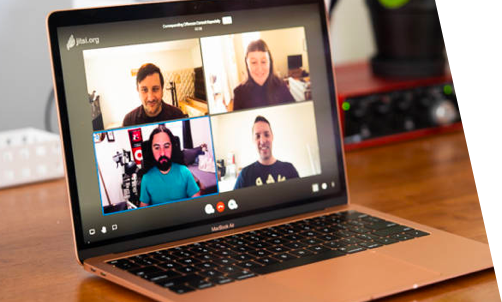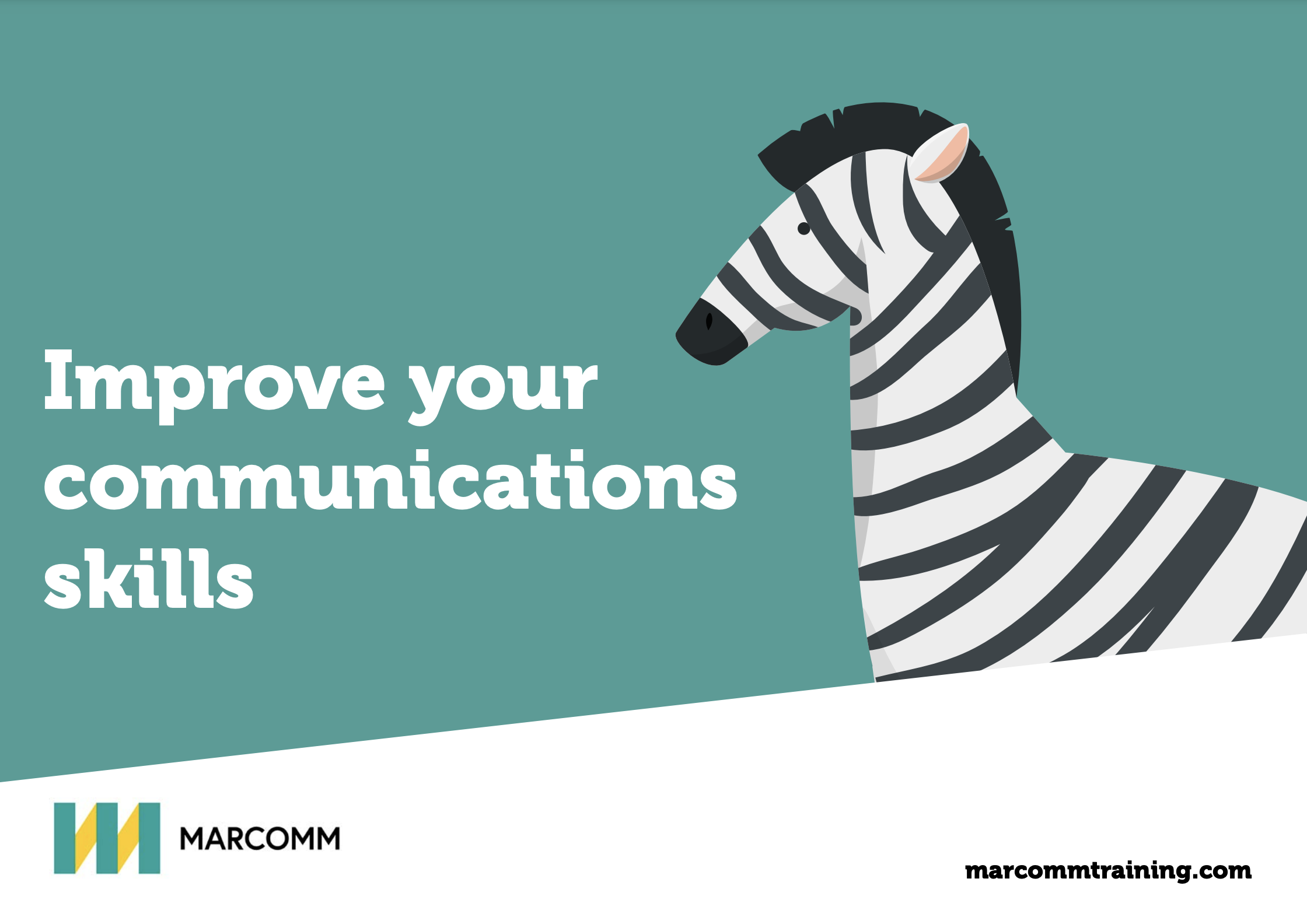Everyone can learn to perform better in a job interview. It is true! Everyone can perform better in front of the panel with the proper knowledge and the right preparation. Having coached clients for interviews for more years than I care to remember, I see a consistent number of mistakes that candidates make when preparing for that critical interview. Most are simply down to the candidate needing to learn how to prepare correctly. How many of these can you relate to?
1. Not starting early enough
When running our interview skills programmes, I ask, “How many of you expect to have a job interview in the next 12 months?” Most put up their hand. “When will you start preparing for that interview?” The most frequent answer is that preparation begins when they see the job ad. Really? For that critical role that might take your career to the next level, you will leave it to the last few weeks, running the risk of not having the time to prepare correctly.
If you are committed to your career, always be in preparation mode. Always capture memorable examples of things you have done well in your current job, achievements you are proud of, and challenges you have overcome. These are happening frequently. The problem is that we need to remember them. Don’t lose them. Use a career journal to record them. When the job ad appears, you will be spoilt for choice with examples for the application or interview itself.
2 Not truly understanding the company or the role
You must thoroughly research the company, its culture, and the specifics of the role to ensure you adequately equip yourself to impress your interviewers. Start by immersing yourself in the company's website, mission statement, recent news releases, and social media presence. Gain insights into its industry landscape, competitors, and market trends. Understanding the company's ethos and aspirations will enable you to tailor your responses effectively, showcasing your alignment with its goals.
Furthermore, you must dissect the job description with precision. Pay close attention to the specific skills, qualifications, and experiences the employer seeks. During the interview, seize every opportunity to showcase your understanding of the role. Draw parallels between your past experiences and the demands of the position. Provide concrete examples that illustrate your capacity to excel in similar scenarios. Demonstrating a clear comprehension of the job role instills confidence in the panel regarding your suitability for the position.
3. Not preparing quality examples
When it comes to examples, I see a range of problems. Firstly, they do not use a structure to create and deliver their example. Regarding Competency-based interviews, candidates should use a structure such as STAR (Situation, Task, Action, Result). The candidate must describe their behaviours in their example. What exactly did you do, and why did you choose that approach? Remember, the underlying assumption in competency-based interviewing is that past performance is an excellent guide to future performance.
A common problem is that candidate’s responses are too short. Their example does not have enough depth, leaving the panel with very little to score. Depending on the role, you may need to be able to respond for at least five minutes.
Finally, don’t use examples that go way back, perhaps ten years. Now, unless it is a very strong and memorable example, as an interviewer, I wonder why the candidate has not gained more recent and relevant experience. Try to have relatively recent examples, if possible.

4. Not adapting your example to the question
Many candidates rehearse generic answers that fail to address the specific interview question. You will need to develop the ability to be flexible in your response as you rarely get asked the question precisely that you prepared for. Be comfortable thinking on your feet. Tailor your answers to align with the company’s goals and the specific skills in the job description. Respond to highlight how your background and expertise align with the job requirements.
5. Not coming across with energy and enthusiasm
Effective communication is vital during a job interview. Avoid rambling or delivering monotonous responses that fail to engage the interviewer. Practice answering common interview questions concisely and articulately, focusing on providing relevant examples and highlighting your achievements and strengths. Keep your responses clear, organised, and to the point, and be mindful of your tone and pace of speech to maintain the interviewer's interest and attention.
Your body language speaks volumes during an interview and can significantly influence the interviewer's perception of you. Avoid common body language mistakes such as slouching, fidgeting, avoiding eye contact, or offering a weak handshake. Instead, maintain good posture, eye contact, and smile to demonstrate confidence and enthusiasm. Remember, non-verbal cues can convey as much information as your verbal responses, so pay attention to your body language throughout the interview.
6. Not using the opportunity to ask a good question
Towards the end of the interview, you'll likely have the opportunity to ask questions. Failing to take advantage of this opportunity is a common mistake that can signal disinterest or lack of preparation. Prepare an insightful question about the company, the team, or the job role to ask the interviewer. Asking thoughtful questions demonstrates your genuine interest in the position and provides valuable insights into the company's culture and expectations.
You can use this opportunity to make a closing statement about why you are suitable for this role and what you can bring to the organisation. Keep it short, no more than a few sentences.
7. Not rehearsing properly
At all costs, avoid the situation where the first time you use your example is in front of the panel. This is not the time to discover that you speak too fast or that you have forgotten some of your key points. Use every opportunity to practice out loud, even as you drive in your car. Use your mobile to video yourself at home or have a friend ask you some potential interview questions. Create the time to do active rehearsal. It is essential.
Job interviews are critical moments that can shape your career trajectory. By avoiding these common mistakes and approaching interviews with preparation, confidence, and professionalism, you can maximise your chances of success and land your dream job. It will be worth it.

